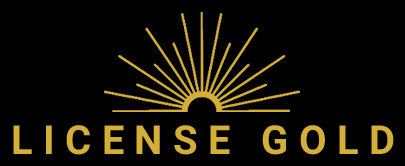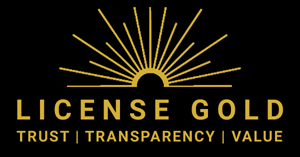
Starting a bar in California requires navigating specific procedures to acquire a liquor license, especially if it’s a business that hasn’t previously sold alcohol. Here’s a step-by-step guide:
Research and Planning
License Understanding: Identify the type of liquor license required. For a bar serving spirits, a Type 48 license permits the sale of distilled spirits for on-premises consumption.
Location Consideration: Choose a suitable location for your bar. Ensure it adheres to zoning regulations and isn’t located near restricted areas such as schools or places of worship.
License Application Process
Contact California ABC: Reach out to the California Department of Alcoholic Beverage Control (ABC) for comprehensive guidelines and application materials.
Application Completion: Complete the necessary paperwork provided by the ABC. This typically includes personal and business details, financial statements, lease agreements, and other required documents.
Public Notice: Post a public notice at your establishment for the specified duration mandated by the ABC.
Local Regulations Compliance: Obtain local permits, such as Conditional Use Permits (CUPs), especially if it’s a location that hasn’t previously served alcohol. Adhere to California’s zoning laws and seek necessary approvals from local authorities.
Background Checks: Undergo background checks if required as part of the licensing process for yourself and any key employees.
Await Review and Approval: Submit your completed application to the ABC and wait for their thorough review. Be aware that this process can take several months.
Bar Establishment
- Prepare the Establishment: While awaiting license approval, set up your bar according to local regulations. Arrange seating, stock inventory, and recruit staff.
- Compliance Verification: Ensure compliance with all safety, health, and liquor laws before opening.
- License Issuance: Upon approval, the ABC will issue your Type 48 liquor license. Display it prominently within your bar.
- Consulting Experts: Consider the importance of working with expeditors or consultants. They possess expertise in navigating complex regulations and can expedite the licensing process.
Acquiring a liquor license and establishing a bar in California requires meticulous adherence to laws and regulations. Collaborating with professionals, such as expeditors or consultants, streamlines the process and ensures compliance with local and state-specific requirements.

